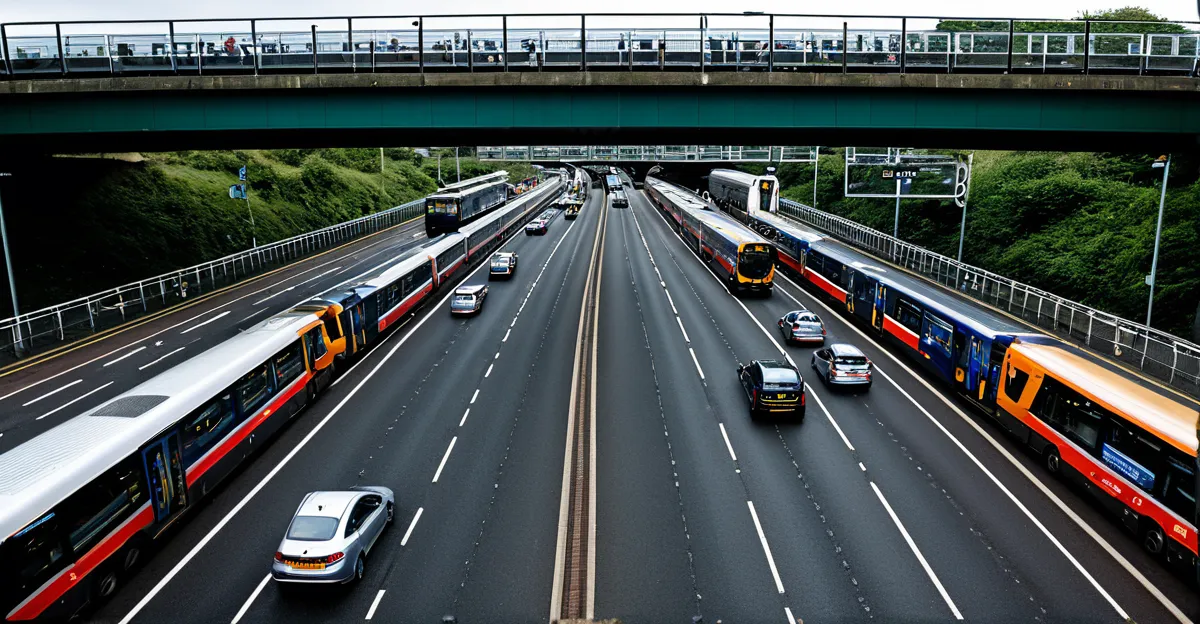Primary drivers of change in UK transportation systems
Several key factors shape the ongoing evolution in UK transportation systems. Technological innovation, including the rise of electric and autonomous vehicles, accelerates shifts toward more efficient and connected mobility. These advancements enhance user experiences and promote sustainability by reducing emissions.
Simultaneously, environmental policies drive transformational changes. Net-zero targets and clean air strategies, such as low-emission zones, push public transit, commercial fleets, and private drivers toward greener options. The regulatory environment ensures these changes align with broader climate goals, influencing infrastructure investment and operational practices.
Also to read : What Are the Lesser-Known Factors Influencing UK News Headlines?
Economic dynamics also play a crucial role. Fluctuating fuel costs and evolving consumer demands affect transportation choices and service models. The pandemic intensified shifts, prompting flexible travel patterns and new mobility services.
Social behaviours contribute meaningfully as well. Rising preferences for cycling, ride-sharing, and remote work reflect evolving lifestyle priorities and public health considerations. Urbanization adds further complexity by increasing transit demand in cities and requiring innovative last-mile solutions.
Topic to read : Will Brexit’s Impact on the UK-Economy Be a Long-Term Concern?
Together, these forces create immediate impacts—such as changes in modal shares—and long-term trends that will redefine UK mobility, emphasizing integration, sustainability, and resilience.
Technological advancements reshaping mobility
Technological innovation is a powerful key factor driving UK transportation change. The rise of electric vehicles (EVs) and autonomous vehicles is transforming traditional mobility patterns by offering cleaner and more efficient alternatives. EV adoption rates have accelerated sharply, supported by government incentives and expanding charging infrastructure, which reduce reliance on fossil fuels and cut emissions significantly.
Smart transport systems also play a pivotal role. Advances in connectivity enable real-time traffic management, digital ticketing, and integrated journey planning. These innovations improve user convenience and system efficiency simultaneously, making UK transportation more responsive to demand fluctuations.
Government technology initiatives further boost the transportation evolution by funding research and pilots of next-generation mobility solutions. For example, trials of autonomous shuttles and expanded EV infrastructure demonstrate practical steps toward a future mobility ecosystem.
Together, these technologies not only offer immediate benefits such as reduced pollution and smoother journeys but also lay the foundation for long-term, resilient transport networks. The growing integration of smart infrastructure and vehicle technology ensures the UK remains at the forefront of transport innovation.






